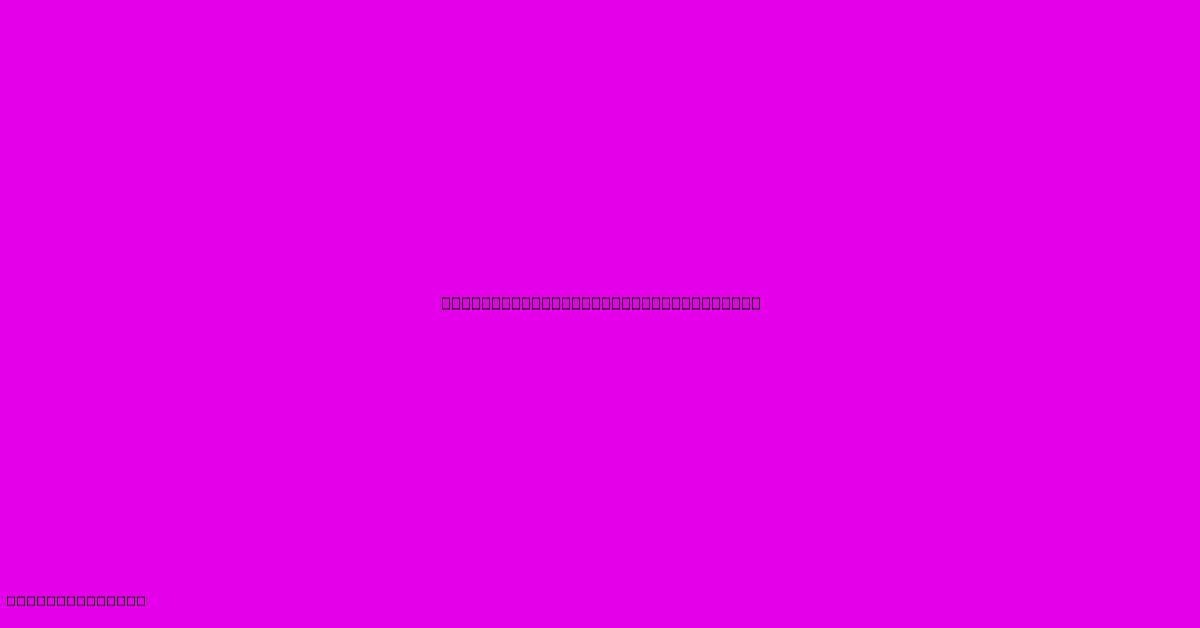Jost's SNL Joke Shocks Johansson

Discover more detailed and exciting information on our website. Click the link below to start your adventure: Visit Best Website mr.cleine.com. Don't miss out!
Table of Contents
Jost's SNL Joke Shocks Johansson: A Deep Dive into the Controversy
Colin Jost's jokes on Saturday Night Live are often known for their edgy humor, but his comments about Scarlett Johansson during a 2023 episode sparked significant controversy and debate. This article delves into the incident, exploring the joke itself, the reactions it elicited, and the broader implications for comedic boundaries and celebrity treatment in the age of social media.
The Joke and its Context:
The exact wording of Jost's joke is crucial to understanding the backlash. While specific quotes vary slightly depending on the source, the core sentiment revolved around a perceived slight or criticism of Johansson's career choices or public image. It's important to note that many sources offer paraphrased versions rather than verbatim transcripts. The lack of a readily available exact transcript adds to the complexity of analyzing the joke's impact.
The joke landed within a larger segment, likely part of a monologue or Weekend Update, a format known for its topical and often provocative humor. This contextual placement significantly influences how the audience received and interpreted Jost's words. Jokes presented within a rapid-fire segment can have a different effect than a more deliberate and isolated comedic bit.
Johansson's Reaction (or Lack Thereof):
Crucially, obtaining a direct and confirmed reaction from Scarlett Johansson herself is challenging. News reports and online discussions often mention a "shocked" response, but this is largely based on observations and interpretations of her body language or reported reactions from those present. The absence of a public statement from Johansson directly addressing the joke leaves room for speculation and further fuels the debate.
Public Response and Social Media Frenzy:
The online reaction to Jost's joke was immediate and polarized. Many defended Jost’s right to comedic freedom, arguing that celebrities should expect a certain level of scrutiny and playful ribbing. Others criticized the joke as disrespectful, sexist, or simply unfunny, highlighting a perceived imbalance of power dynamics between the comedian and the celebrity target.
Social media platforms became battlegrounds for these opposing viewpoints, with hashtags related to the incident trending and generating a significant volume of discussion. The speed and intensity of the online reaction showcased the powerful influence of social media in shaping public opinion and the immediate repercussions for public figures involved in such controversies.
Analyzing the Controversy: Comedy, Boundaries, and Celebrity:
This incident raises several crucial questions regarding the boundaries of comedy, especially in the context of celebrity culture. Where is the line between playful banter and offensive commentary? How much scrutiny should public figures endure, and how do we balance the right to comedic freedom with the need to protect individuals from harmful or disrespectful remarks? The debate transcends the specific joke, encompassing broader discussions about societal norms, gender dynamics, and the evolving relationship between comedians and their audiences.
Conclusion:
Colin Jost's joke targeting Scarlett Johansson ignited a significant debate about comedy, celebrity, and the power of social media. The lack of a readily available verbatim transcript and a confirmed direct reaction from Johansson adds layers of complexity to the analysis. However, the controversy highlights the ongoing tension between comedic freedom and respectful discourse, particularly in an era of heightened social awareness and instant online reactions. The incident serves as a valuable case study in exploring the ever-shifting landscape of comedic boundaries and the enduring influence of social media on public perception.

Thank you for visiting our website wich cover about Jost's SNL Joke Shocks Johansson. We hope the information provided has been useful to you. Feel free to contact us if you have any questions or need further assistance. See you next time and dont miss to bookmark.
Featured Posts
-
Victoria Psv 3 0 Lozano Se Marcha
Dec 23, 2024
-
Concussion Hurts Misses Commanders Game
Dec 23, 2024
-
2024 Nfl Playoffs Eagles Week 16 Loss
Dec 23, 2024
-
Chelsea Starting Xi Everton Fixture
Dec 23, 2024
-
Surface Finish Technologies
Dec 23, 2024
